Latest Reports
-
![Balancing Efficiency with Strategic Impact by Embracing Digital Transformation MoneyShot 2 - Balancing Efficiency with Strategic Impact by Embracing Digital Transformation]()
Balancing Efficiency with Strategic Impact by Embracing Digital Transformation
As enterprises accelerate digital transformation, procurement is shifting from efficiency‑driven operations to a future‑focused role as a value orchestrator. This year witnessed providers achieving up to 30% revenue growth, fueled by automation, AI‑driven insights, and spend optimization. Organizations are adopting outcome‑based partnerships, emphasizing flexibility, measurable results, and innovation. At the same time, over 65% of investments are directed toward human capital and R&D, ensuring both technological advancement and workforce upskilling. The development of supplier collaboration and Gen AI‑powered platforms indicates a shift in procurement, which now focuses on resilience and agility as well as cost management. Both demand-side and supply-side trends are covered in our Procurement Business Process Transformation 2025 Market Insights ™ and Procurement Business Process Transformation 2025 RadarView ™, respectively.
August, 2025
-
![The New Role of Data Analysts in an AI-Driven Procurement Landscape thumbnail 40 - The New Role of Data Analysts in an AI-Driven Procurement Landscape]()
The New Role of Data Analysts in an AI-Driven Procurement Landscape
Will AI make procurement data analysts obsolete—or empower them to shape the future? Far from replacing analysts, artificial intelligence (AI) is redefining their role. Today’s analysts are evolving from report generators into AI model orchestrators, data quality stewards, and strategic procurement partners. More than ever, AI is transforming the analyst’s role in procurement. It highlights how automation reshapes workflows, outlines must-have skills for the future, and shows how analysts can drive strategic impact. The key takeaway: AI is a tool that amplifies, not eliminates, the analyst’s value.
August, 2025
-
![Transforming Engineering and Construction through Intelligent Integration and Execution Moneyshot - Transforming Engineering and Construction through Intelligent Integration and Execution]()
Transforming Engineering and Construction through Intelligent Integration and Execution
Facing rising material costs, labor shortages, supply chain disruptions, and stricter ESG demands, engineering and construction enterprises are accelerating their digital transformation. Companies are turning to modular construction, AI-powered procurement, and robotics to boost efficiency and strengthen operational control. Fragmented systems are being replaced by integrated platforms that improve data coordination and support more informed decisions. As sustainability moves from optional to essential, firms are deploying carbon tracking tools, digital twins, and life cycle assessments to meet regulatory and investor expectations. To scale these initiatives effectively, industry leaders are partnering with digital service providers to drive innovation across the value chain. Both demand-side and supply-side trends are covered in our Engineering and Construction Digital Services 2025 Market Insights™ and Engineering and Construction Digital Services 2025 RadarView™, respectively.
August, 2025



















